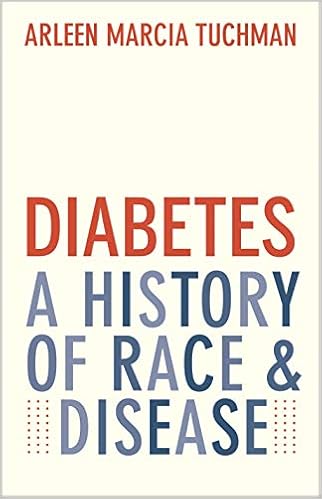Weekend reading: Fat Justice
Aubrey Gordon. What We Don’t Talk About When We Talk About Fat. Beacon Press. 2020.
I didn’t think I’d want to read or write about this book but I couldn’t put it down and ended up doing a blurb for it:
In What We Talk About, Audrey Gordon gives us an authoritative, forceful, splendidly written, and deeply moving account of the shockingly personal hostility she and other fat people must endure on a daily basis. You don’t have to agree with her interpretation of the research on fatness and its consequences to sign on to her thoroughly convincing demand for respect as a human being and for what she calls “fat justice.” This book changed my thinking, and in the best possible way.
Here are two short excerpts:
While these [other fat activist] approaches work for many, I describe mine as work for fat justice. Body positivity has shown me that our work for liberations must explicitly name fatness as its battlground—because when we don’t, each of us are likely to fall back on our deep-seated, faulty cultural beliefs about fatness and fat people, claiming to stand for “all bodies” while we implicitly and explicitly exclude the fattest among us. I yearn for more than neutrality, acceptance, and tolerance—all of which strike me as a meek plea to simply stop harming us, rather than asking for help in healing that harm or requesting that each of us unearth and examine our existing biases against fat people (p. 6)
But the first step for all of us will be to let go of the magical thinking of thinness. Stop believing that a thinner body will bring us better relationships, dream jobs, obedient children, beautiful homes. Stop waiting to do the things we love until we’ve lost ten, twenty, fifty, one hundred pounds. Come to truly believe what we already know, and what so much data tells us: the vast majority of us don’t lose significant amounts of weight and the few who do don’t maintain weight loss in the long term. Nearly twenty years of dieting has shown me that I will never be thin….I also believe that my life is worth living, worth embracing, worth loving, and celebrating. And it’s worth all of that now—not two hundred pounds from now (p. 161).

 I did a blurb for this book:
I did a blurb for this book:
